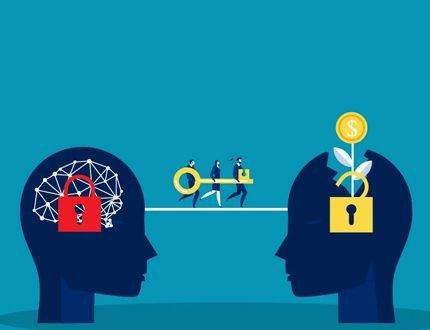
Both the therapist and the patient need to create a link between the need for change and their foundation values. Always be understandable about the mission and the actual purpose. Often clients are not properly equipped with proper knowledge, skills, or the strength they need in order to face the challenge. In this situation, the therapist works as a guide to the patient and helps him equip him with all the important skills, knowledge, and strength he needs in order to manage the disease.
When in the change process, the therapist helps in designing the process to help support the patient for any emotional, interpersonal, or communication obstacle that could possibly hinder the change process. The artificial environment could also help the therapist, as well as the patient, know if he has assumed the required new behavior. This is how the therapist helps the patient develop the required personal ability. We, humans, are social animals and thus our society influences us immensely.
At this stage, the patient needs to check whether the new behavior he has adopted is supported by people around him. Check whether you are receiving proper support from your social circle (Family and friends) to help you manage your concerned problem. Ask yourself, if my new behavior has influenced people in my surroundings. The need here is to be part of that group that understands your concerns and thus helps you in every possible way.
Social ability asks for whether you have someone around you to help in critical times. In the life of an addiction patient, the crucial moment could be when the patient in recovery comes across a slippery place or slippery person. Are people around him properly equipped with appropriate knowledge and skills to handle him in difficult situations? Do they have any contact number of their therapist who could possibly help them or guide them during this upsetting crucial situation?

